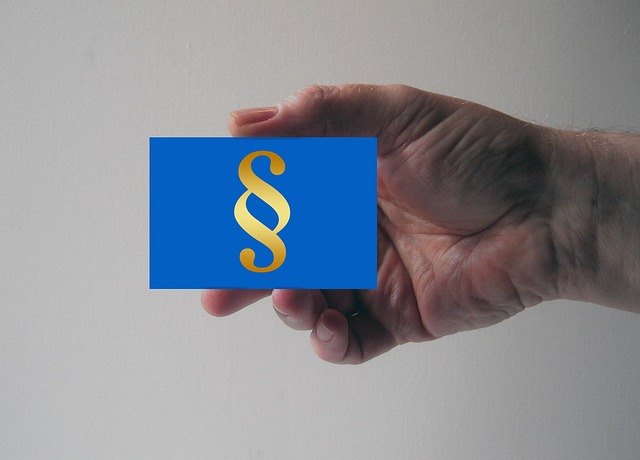Contempt of court charges result from ignoring court orders or hindering justice. Common offenses include missing hearings and providing false statements. Accused individuals should seek legal counsel, understand allegations, and communicate honestly. Strategic defense, showing good faith, and active participation can mitigate penalties for contempt.
Navigating legal contours can be challenging, especially when facing accusations of contempt of court. This comprehensive guide offers expert advice on understanding and overcoming these charges. We explore the definition, impact, and common causes behind contempt, providing concrete examples to clarify concepts. Learn strategic defense mechanisms and discover the power of effective communication in addressing these allegations head-on. By the end, you’ll be equipped with insights to navigate legal complexities confidently.
- Understanding Contempt of Court: Definition and Impact
- Common Causes and Examples of Legal Contempt
- Strategic Defense Mechanisms Against Accusations
- Effective Communication: Addressing Contempt Charges
Understanding Contempt of Court: Definition and Impact

Contempt of court is a serious legal issue that occurs when an individual or entity fails to comply with a court order or engages in conduct that obstructs the administration of justice. It can include actions such as refusing to attend a scheduled hearing, failing to provide requested documents, or making false statements under oath. The impact of contempt of court can be severe, potentially resulting in fines, imprisonment, or both. These penalties are designed to enforce compliance with court orders and deter future violations.
Understanding the nature of contempt is crucial for anyone involved in legal proceedings. It’s important to recognize that different types of conduct can constitute contempt, and the specific actions that trigger this offense vary depending on jurisdiction and case context. Being aware of one’s obligations and responsibilities can help individuals avoid potential contempt charges and ensure a smoother legal process.
Common Causes and Examples of Legal Contempt

Contempt of court is a serious legal issue that occurs when an individual or entity disregards or disobeys a court order or engages in conduct that obstructs the administration of justice. Common causes often stem from willful actions such as failing to appear in court, refusing to comply with a subpoena, or disrupting proceedings. For example, a party who fails to pay child support as mandated by a court order may be held in contempt, as they are directly defying the court’s decision. Similarly, attorneys or witnesses who provide false testimony or refuse to cooperate with legal processes can also face contempt charges. These actions hinder the court’s ability to resolve cases fairly and efficiently.
Strategic Defense Mechanisms Against Accusations

Navigating accusations of contempt of court can be a complex and daunting task. However, individuals facing such charges can employ several strategic defense mechanisms to mount a robust challenge. Firstly, understanding the specific allegations is paramount. This involves carefully reviewing the court orders or rules alleged to have been violated to grasp the exact nature of the contempt.
Once comprehended, legal counsel can then construct a compelling defense by presenting evidence and arguments that demonstrate either an honest mistake in interpretation or compliance with the order, or extenuating circumstances that prevented adherence. Additionally, demonstrating good faith efforts to resolve any perceived infraction before the alleged contempt occurred can significantly strengthen one’s case against such charges.
Effective Communication: Addressing Contempt Charges

Effective communication is a powerful tool in navigating and resolving contempt of court charges. When facing such allegations, clarity and openness are essential. Accused individuals must understand that their duty is to provide honest and transparent responses to all legal inquiries. This includes attending hearings, providing relevant documentation, and actively participating in discussions without obstruction or defiance.
Open dialogue with legal representatives and the court can help clarify misunderstandings and demonstrate a willingness to cooperate. It’s crucial to express oneself respectfully and assertively, ensuring that any concerns or disagreements are communicated constructively. This approach not only aids in the resolution process but also showcases an accused person’s integrity and responsibility, which can significantly impact the outcome of contempt of court cases.






